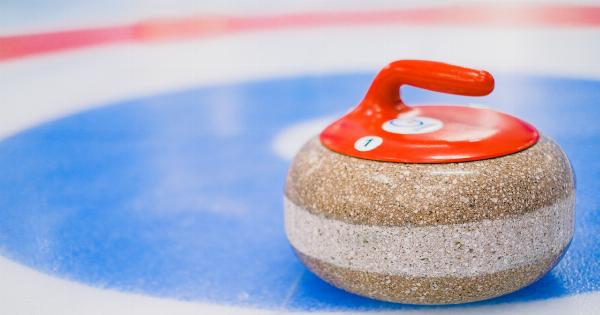Muscle tension is a common issue that many people experience at some point in their lives. It can be caused by various factors such as stress, poor posture, overuse of muscles, or even underlying medical conditions.
If you are looking for ways to relieve muscle tension without needing to visit a professional, this article provides you with useful tips and techniques. By following these simple home remedies, you can relax your muscles and alleviate discomfort.
1. Apply Heat or Cold Therapy
Heat therapy and cold therapy are effective methods to relieve muscle tension and reduce pain. Applying a heating pad or a warm towel to the affected area can help increase blood flow, relax the muscles, and minimize tension.
On the other hand, using a cold pack or ice wrapped in a cloth can numb the area and reduce inflammation.
2. Practice Stretching Exercises
Performing stretching exercises can significantly help in relieving muscle tension. Focus on stretching the specific muscles that feel tight or sore. Gently stretch the muscles and hold each stretch for 20-30 seconds.
Incorporating daily stretching routines into your schedule can prevent future muscle tension and promote flexibility.
3. Foam Rolling
Foam rolling is an excellent method for self-myofascial release, which can relieve muscle tension and improve muscle function. Using a foam roller, apply gentle pressure on the desired muscle group and roll back and forth for several minutes.
This helps break up muscle knots and adhesions, promoting relaxation and reducing tension.
4. Take a Warm Bath with Epsom Salt
A warm bath with Epsom salt can provide muscle relaxation and relieve tension. Epsom salt is rich in magnesium, which helps relax muscles and reduce inflammation.
Add a cup or two of Epsom salt to your bathwater and soak for at least 20 minutes to experience the soothing effects.
5. Practice Deep Breathing and Meditation
Deep breathing exercises and meditation techniques are beneficial for relieving muscle tension. By focusing on your breath and practicing deep breathing, you can relax both your body and mind.
Meditation helps reduce stress, which often contributes to muscle tension. Find a quiet and comfortable spot for meditation, and practice deep breathing techniques to alleviate muscle tension.
6. Use Essential Oils for Massage
Essential oils have been used for centuries for their soothing and therapeutic properties. Choose essential oils such as lavender, peppermint, or eucalyptus, which have calming and muscle-relaxing effects.
Dilute a few drops of your preferred essential oil with a carrier oil such as coconut or almond oil, and massage the mixture onto the affected area. The gentle massage combined with the aroma of essential oils can help ease muscle tension.
7. Apply Topical Analgesics
Topical analgesics, such as pain-relieving creams or ointments, can provide temporary relief from muscle tension.
These topical treatments often contain ingredients like menthol, camphor, or capsaicin, which create a cooling or warming sensation, improving blood flow and numbing the area.
8. Stay Hydrated
Dehydration can contribute to muscle tension and cramping. Make sure to drink an adequate amount of water throughout the day to keep your muscles hydrated. Hydration helps maintain muscle function and prevents stiffness.
9. Get Sufficient Rest and Sleep
Proper rest and sleep are essential for muscle recovery and relaxation. Make sure you are getting enough sleep each night, as insufficient sleep can lead to increased muscle tension.
Create a calm and comfortable sleeping environment to promote deep and restful sleep.
10. Maintain Good Posture
Poor posture can contribute to muscle tension and pain, especially in the neck, shoulders, and back. Be mindful of your posture throughout the day, whether you are sitting or standing.
Sit with your back straight and supported, and avoid hunching or slouching. Maintaining good posture helps alleviate muscle strain and prevent tension buildup.
By incorporating these home remedies into your routine, you can effectively relieve muscle tension and improve your overall well-being.
However, if your muscle tension persists or worsens despite trying these remedies, it is advisable to consult a healthcare professional for further evaluation and guidance.






























